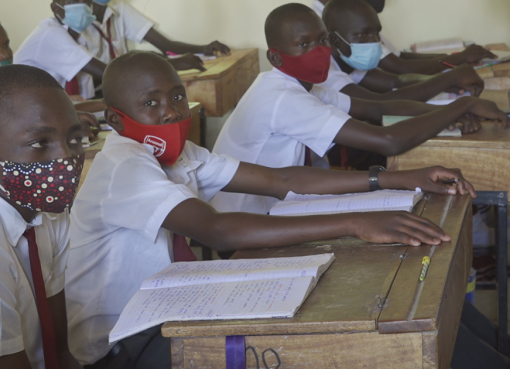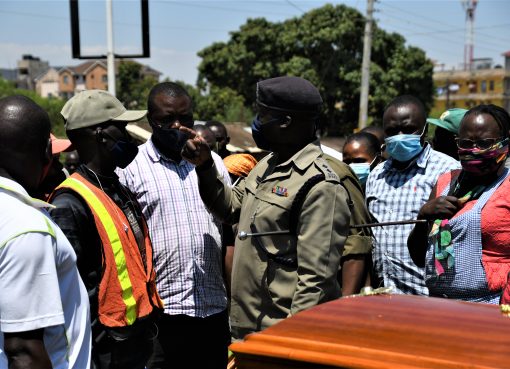Residents of Kisii County have been asked to back the government’s Affordable Housing Programme, which seeks to address the existing housing gaps by increasing the number of homeowners and transitioning more Kenyans from rent-paying to homeownership.
Speaking during the Madaraka Day celebrations held at Gusii Stadium, Kisii County Commissioner Tom Anjere said the programme aims to improve the living standards for millions of Kenyans living in unhygienic environments with inadequate amenities and poor sanitation.
Anjere noted the government will roll out a public participation exercise in the wards within the county next week to educate the residents on affordable housing and the tenant purchase scheme and told the residents to attend the sessions.
The County Commissioner pointed out that the affordable housing plan will be beneficial to the county, where several cases of land disputes that have led to the separation of families, torching of property, and even the deaths of individuals have been witnessed.
As a result, Anjere encouraged the residents to embrace urbanisation and support the government in building affordable houses within the small towns so that residents can stay there and pave the way for agricultural land.
He added that the programme will support the local construction industry by creating direct and indirect employment opportunities for young people in the region, such as engineers, electricians, and plumbers.
According to government estimates, a single-house unit is capable of employing 3-5 workers directly and an additional 8 indirectly in the manufacturing of construction products, transport, and logistics.
Anjere said the experience of working with the programme will open the way for young people to seek future job opportunities in neighbouring countries.
The Affordable Housing Programme is an initiative by the government that targets the delivery of decent and affordable housing to low- and middle-income households.
The affordable houses will be financed and built by private developers on both public and private land across the country and will cost Sh 1 million for one-bedroom houses and up to Sh 3.5 million for three-bedroom houses.
Currently, 9935 units of affordable housing are ongoing across the country, while another 31,000 units are set to be launched in Makongeni and Thika towns in the coming weeks.
Additionally, the government has allocated another Sh4 billion towards the construction of 200 units in every constituency, which will see 58,000 affordable units put up in rural areas while creating employment opportunities for the youth.
At the same time, the government has rolled out the social housing programme to benefit low-income earners, where the lowest unit, a studio apartment, will be priced at Sh 550,000 with a flexible rent-to-own option for owners.
It is estimated that by the year 2030, at least 65 per cent of Kenyans will be living in urban areas, and there is a great need to promote the uptake of affordable and decent houses under a collective approach.
By Mercy Osongo





